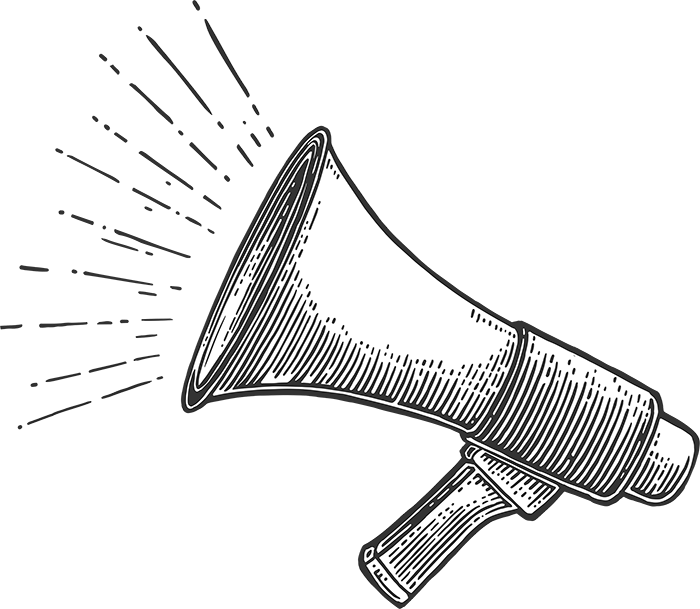21 Secrets of a Top Converting Website — SES San Francisco
This session began with a 30-minute technical delay because Bryan’s iPad bricked and his presentation needed to be downloaded, converted to PPT and put on the conference machine. Now in desperation, we are going to go through his brother’s version.
Webinar version is available on Market Motive, so don’t worry that he will be going very, very fast to do 21 secrets in 31 minutes.
Bryan starts with Q & A.
 |
Do you customize landing pages for GEO?
Customized landing pages for each geographic region led to very high conversion for one of Bryan’s most successful customers. Use Google Maps and mashups to deliver localize, specific content.
How do you get blogs to convert?
Make sure to ask for business at the end of every post. Also consider doing it as an overlay.
What is the best way to merge content and products on an ecommerce site?
Actually, the answer is secret #6, so he refused to answer until he can start the presentation.
What about Coupon Codes?
Warning, coupon codes are like crack cocaine, customers become addicted.
21 Secrets to Top Converting Websites
Bryan Eisenberg, SES Advisory Board and NYTimes Bestselling Author, bryaneisenberg.com.
The average conversion rate for a website is around 3%, but many websites convert at 10% or higher.
10% is not enough. Top 10 online retailers have conversions rates above 10%. What are they doing that you are not. Remember, everyone’s website sucks.
Increasing conversion is simple but hard. Simple things you have to do over and over again. Increasing conversion has to become part of the corporate metabolism.
1. They communicate their unique value proposition or unique campaign proposition on every page.
No product is universally known, so you need to convey quickly. Vitacost list conversion in public records, 15% conversion. Flat rate shipping, 100% satisfaction made easy.
2. They make persuasive and relevant offers.
Free shipping is a great offer that’s very relevant for everyone it costs the least and makes the most impact. Even if the shipping is only 3 dollars! Conversion rate doubled for overstock.com after they made that change. Make sure it’s on the checkout though! Notice how much space Overstock uses to promote free shipping! Caveat, free shipping is first order only.
3. Reinforce your offer site wide.
Make sure the offer shows in the checkout or people will disappear.
4. Maintain your Scent.
Foraging theory suggests we are animals following information scent and as soon as we lose the scent we drop off.
Conversion is more than a single page, it is a journey. The whole process needs to maintain the scent, feel, imagery, etc. Make sure the offer, the look and feel and the rest of the experience maintains the scent provided in search. Victoria secrets display add matches the color, images and offers provided in the ad.
Example from Geico, showing disconnect between “give us your zip code” and the submission form. Ad to landing page to checkout has to match.
5. They understand the customer buying process.
Lands End really understands the process of buying a bathing suit. Narrowing down off size, colors, bra types, body shape (key to selling successfully). Anxiety zones: “minimize waist, minimize bust, etc.
6. They appeal to multiple personas.
Understand the concerns of each group of people and cater directly to them. Different people make decisions differently and you need to cater to each one. Jacob Neilsen shows 4 personality types and eye tracking shows different behavior
- Spontansous people – Top sellers
- Humanistics – Like reviews
- Methodical – Find by genre
- Competitive, thin slices, makes decision quickly
7. They don’t do slice and dice optimization.
We don’t have the time to do Multi Variant Testing to test everything! It also wastes a lot of traffic. Use the persuasion architecture process.
Profile the page against each personality type and from that point of view you’ll be able to find flaws in the page. Changing a single graphic changed conversion rate of a major DVD chain by 5% worth 25 million dollars. Create a single hypothesis and test it properly.
Test for impact, not variation.
Amazon tested to see simply if one is easy to read than another. Then tested to see if easier to read was better instead of testing dozens of different buttons.
8. Leverage social commerce.
Use the voice of the customer to sell products. Some reviews contain poetry, romance and humor, like the review of Tuscon 128 Once Milk, http://www.amazon.com/Tuscan-Whole-Milk-Gallon-128/dp/B00032G1S0:
“This product copiously leaks out of my nose whenever I use it while reading reviews”.
9. They use social commerce in navigation.
Ratings, reviews and social features have become dramatically more important in the last 5 years. Can increase conversion 100% or more.
10. Use social commerce for promotions.
Let your customer’s voice help your conversions in promotions and email marketing.
11. Use social commerce to build credibility.
SCAN customer letters, use pull quotes to put them on the site. The more transparency and authenticity you can convey, the better you will convert.
12. They use the voice of customer for feedback and research.
Usertesting.com for $100 5 people will go through your website. (69 free tools will give you the full list)
USERTESTING.com, PPCrecovery coupon code!
13. They go beyond usability.
Usability shows people what to do, but not why to do it: Use persuasion principles like scarcity; stock levels and say 15 people are shopping right now. Airlines show 2 tickets available at that that price.
14. Make all forms engaging.
Design is pivotal. Thank customers for choosing your website. Register people on the thank you page (instead of requiring before the transaction) and up sell/cross sell.
15. They provide a point of assurance.
At the seducible moment, provide reassure that you will respond quickly.
16. They keep you in the process.
Don’t necessarily take people to the basket once clicked. Keep the cart process on the same page instead of leaving the product when you add to the cart.
AJAX based checkout led to 50% improvement for one of my customers! —Jonah
17. They consider email preview.
Make sure to have well formatted thank you emails.
18. They budget for experience.
Most sites focus on traffic, yet they spend no time to constantly improve the experience. Amazons success is implementing social commerce and constant user testing. Every detail gets tested and over 200 tests are running at any one time.
19. They use a system for prioritization.
Changing Learn More to “Help Me Choose” made Dell tens of millions per year.
20. They make data driven design decisions.
Stop making decisions of the HIPPO (Highest Paid Persons Opinion), use measurement to make rational decisions. Be able to monitor and react in hours, not weeks or months.
21. They know how to execute rapidly.
It took Amazon 2 hours to change their MP3 page to respond to MJs death. EXECUTION IS NOT A EVENT, IT IS A WAY OF LIFE.
He then covered 5 steps for next week, which really will spur on some activity:
- Identify problems, identify high bounce and exit rate.
- Create a to-do list.
- Document your hypothesis.
- Prioritize your to do list.
- Start testing.

LEAVE A REPLY









